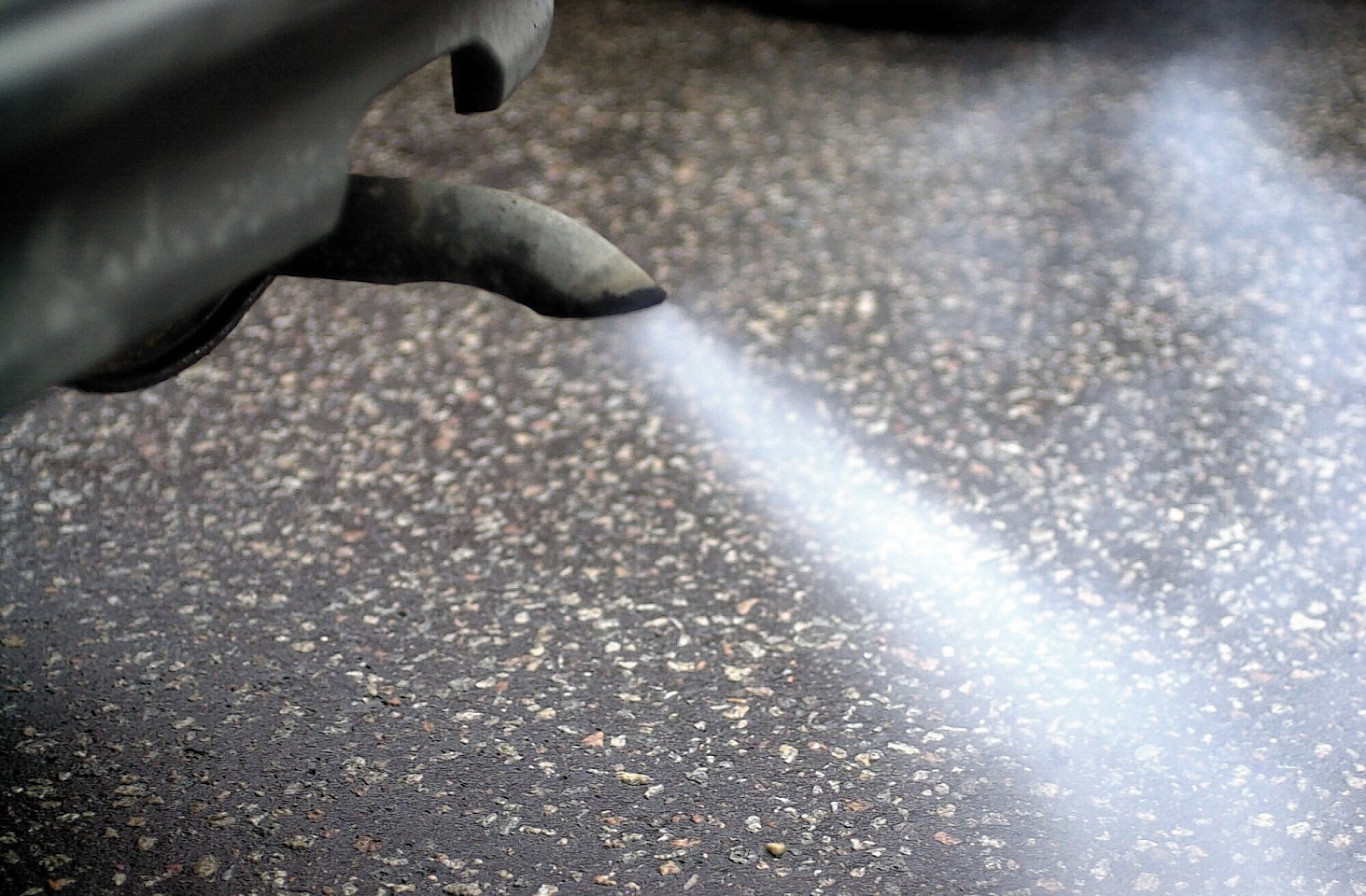A metal used in car exhausts could play a vital role in new cancer therapies, Scottish scientists have discovered.
Cancer experts have long known that the precious metal palladium, used in catalytic converters to detoxify exhaust, could be used to aid treatment of the disease but, until now, have been unable to deliver it to affected areas.
Now, researchers Edinburgh University have found a way to dispatch minute fragments of palladium inside cancerous cells – and say the “exciting technology” could allow doctors to target the main tumour and metastatic cells, essentially reducing the side-effects of chemotherapy without compromising the treatment.
Professor Asier Unciti-Broceta, from the university’s CRUK Edinburgh Centre, said: “We have tricked exosomes naturally released by cancer cells into taking up a metal that will activate chemotherapy drugs just inside the cancer cells, which could leave healthy cells untouched.”
The new method exploits palladium’s ability to catalyse, or accelerate, chemical reactions, and mimics the process some viruses use to cross cell membranes and spread infection.
A molecular shuttle system that targets specific cancer cells has been created by a team at Edinburgh and the Universidad de Zaragoza, Spain.
The scientists used bubble-like pouches that resemble the biological carriers known as exosomes, which can transport essential proteins and genetic material between cells. These exosomes exit and enter cells, dump their content, and influence how the cells behave.
This targeted transport system, which is also exploited by some viruses to spread infection to other cells and tissues, inspired the team to investigate their use as shuttles of therapeutics.
The researchers have now shown that this complex communication network can be hijacked. The team created exosomes derived from lung cancer cells and cells associated with glioma, a tumour that occurs in the brain and spinal cord,l and loaded them with palladium catalysts.
The artificial exosomes act as Trojan horses, taking the palladium, which works in tandem with an existing cancer drug, straight to primary tumours and metastatic cells.
Having proved the concept in laboratory tests, the researchers have now been granted a patent that gives them exclusive rights to test palladium-based therapies in medicine.
